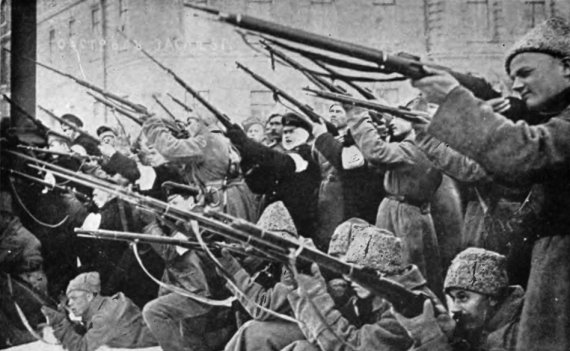© Wikimedia
This is what Marten Scheffer and the economical historian Bas van Bavel (Utrecht University) plead in an article published in PNAS. In the article, the two draw parallels between the inequality between populations in nature and the distribution of wealth in society. According to the scientists, the same mechanic underlies both forms of inequality.
Regularity
The few own much. It is estimated that one percent of the world population owns about half of the global capital. A similar situation is perceived in nature. The Amazon basin contains about half of the world biomass in just one percent of the species. ‘This is not a coincidence’, say Scheffer et al. Indeed, a regularity can be discovered. Inequality cannot be avoided, even if every individual would be given the same capacities and opportunities to begin with.
© Foto WUR
Scheffer argues that this inequality arises from ‘small bits of good and bad luck that multiply’. That mathematical foundation is well-known. What is new, however, are the similarities in the underlying patterns of inequalities in nature and society that Scheffer and Van Bavel demonstrate. Scheffer: ‘With the main difference being that in nature, it concerns the inequality between different species, while it is the inequality within a single species in humans.’ Nevertheless, inequality is ingrained.
Revolutions
But there are forces that oppose this system. Dominance in nature is systematically counteracted by natural predators. In human society, the counterpressure is mainly imposed by institutions such as tax authorities. However, the scientists think that the function of such institutions has a limited lifetime. Inequality getting out of control eventually ends in wars or revolutions that reset inequality and force the revision of institutions. Scheffer: ‘In history, these cycles are apparent over the centuries and occur in many different civilizations.’
People cannot stand unfairness. So, if the economy comes to a standstill as well, you have the perfect recipe for disaster.
Marten Scheffer
Scheffer believes the last large reset was the Second World War. ‘Before the war, social inequality was considerable, and the economy stagnated. Riches were in the hands of few. This kind of hoarding is bad for the economy: money must flow. Moreover, people cannot stand unfairness. So, if the economy comes to a standstill as well, you have the perfect recipe for disaster: in this case, WWII. During the war, a lot of capital was destroyed, and a new society was erected after the war, with institutions that better controlled inequality.’
Globalisation
What is worrying about Scheffer and Van Bavel’s study in the role of scale. Scheffer: ‘We see that ever since the Stone Age, inequality was strongly connected with the scale of societies. Today, globalisation undermines national institutions and rushes inequality. If we cannot manage to change this, it will end in a row. You can bet your money on that.’
Scheffer sees the article in PNAS as a wake-up call. A warning that if we fail to do something and rein in the inequality, the increasing tension will end in an unavoidable conflict. Scheffer: ‘Global collaboration isn’t easy, but it is the only way to tackle issues like excessive concentration of capital, climate change and the refugee problem.’


